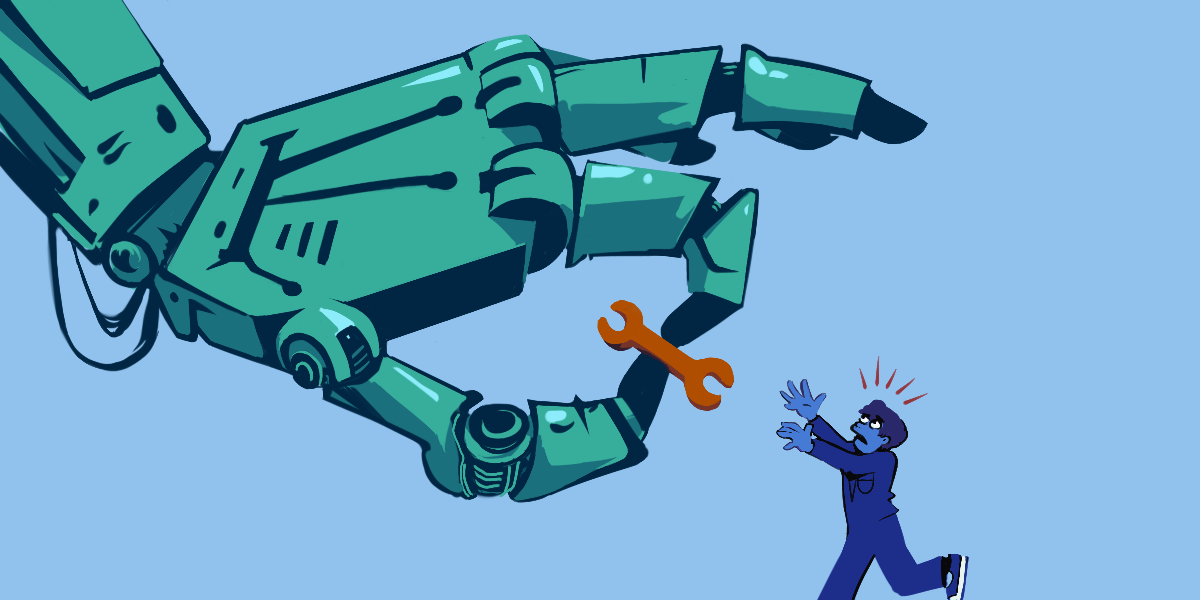Antitrust law has long recognized that monopolies stifle innovation and gouge consumers on price. When it comes to Big Tech, harm to innovation—in the form of “kill zones,” where major corporations buy up new entrants to a market before they can compete with them—has been easy to find. Consumer harms have been harder to quantify, since a lot of services the Big Tech companies offer are “free.” This is why we must move beyond price as the major determinator of consumer harm. And once that’s done, it’s easier to see even greater benefits competition brings to the greater internet ecosystem.
In the decades since the internet entered our lives, it has changed from a wholly new and untested environment to one where a few major players dominate everyone’s experience. Policymakers have been slow to adapt and have equated what’s good for the whole internet with what is good for those companies. Instead of a balanced ecosystem, we have a monoculture. We need to eliminate the build up of power around the giants and instead have fertile soil for new growth.



My point is that the described scenario - “all money not absolutely required for existence is in the hands of the bourgeoisie” - hasn’t happened under free market systems as often as it has in communist/“state capitalist” countries like the Soviet Union.
I’m sorry I got you mixed up with the other person. But I find it interesting they haven’t answered that question yet.
Your conversation style is tedious.